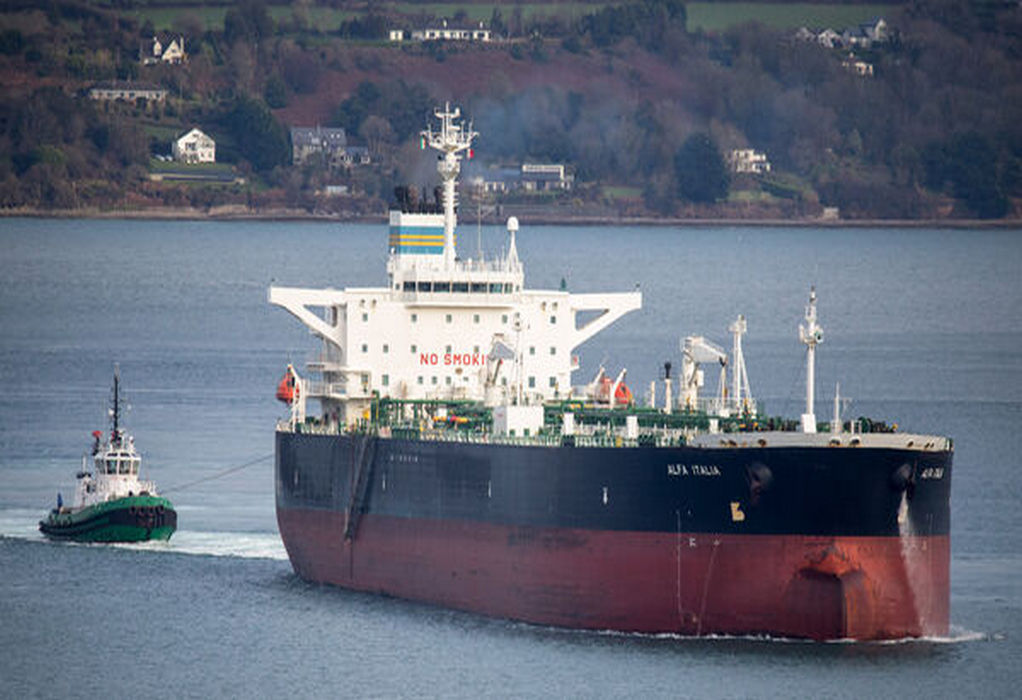Stolt Tankers says that is the first shipping company in the world to apply a cutting-edge sustainable coating based on graphene to the hull of a chemical tankers, its 30,000 dwt Stolt Lotus. Last month, vessel was drydocked in China for five days when the sustainable hull coating was applied. It is expected to last for approximately ten years, with an evaluation at five years to confirm if any maintenance is required.
Be that as it may, Stolt Tankers says that the X-GIT Fuel graphene hull coating applied on Stolt Lotus, developed by Dartmouth, Nova Scotia, based Graphite Innovation & Technologies (GIT) Coatings, has the potential to reduce fuel consumption and resulting greenhouse gas emissions.
X-GIT Fuel is a hard foul release hull coating that creates an ultra-low friction surface to increase vessel performance, without the use of biocides, silicon oils or toxic components. The coating is expected to provide fuel savings of between five and seven percent by decreasing the friction between the hull and the water and removing marine growth as the ship travels.
This latest application follows Stolt Tankers’ work with GIT Coatings earlier this year to apply the graphene coating to the propellers of more than 40 ships – another world first.
Stolt Tankers says that adopting this technology supports its commitment to explore solutions that have the potential to enhance the efficiency of its fleet and reduce the impact of its operations on the environment. It also supports Stolt Tankers’ ambition to reduce its carbon intensity by 50% (relative to the 2008 baseline) by 2030, and helps customers in reducing their Scope 3 emissions.
Tags: GIT Coating, Grephene hull, Solt



Recent Posts
Royal Caribbean Welcomes LNG-Fueled Star of the Seas to Its Fleet
Swire Shipping Launches ‘Voyage to Zero’ to Help Customers Cut Scope 3 Emissions Swire
Pinnacle Marine Launches B100-Powered President 100 for Biofuel Trials
Assam Puts Green Hydrogen Policy on Hold, Investors Reassess Plans
MNRE and Odisha Chart Roadmap for National Green Hydrogen Mission
Hyundai Glovis to Retrofit Seven PCTCs with Avikus AI Navigation System
Super Terminais orders three more Konecranes Gottwald ESP.10 Mobile Harbor cranes
Covestro and HGK Shipping Extend Partnership to 2040 with Focus on Wind-Assisted Vessel Retrofit